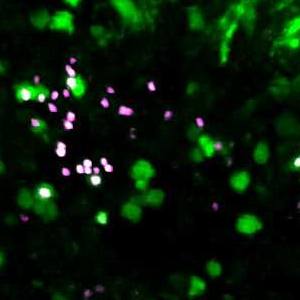-
Mayo Clinic remembers Dr. Robert Hattery, former CEO of Mayo Clinic in Rochester

Robert R. Hattery, M.D., former CEO of Mayo Clinic in Rochester, Minnesota, and longtime Mayo Clinic advocate, died on Feb. 11, 2023.
“Dr. Hattery was a builder of people,” says Claire Bender, M.D., emeritus member of the staff in Radiology. “He was a true leader who was highly respected, fair, extremely hard working and always dedicated to Mayo Clinic’s patients and staff.”
Robert R. Hattery was born in Phoenix in 1939. He attended Indiana University, where he earned a bachelor's degree and medical degree. He completed an internship at Parkland Memorial Hospital in Dallas, followed by two years of military service as an Air Force flight surgeon, before moving to Rochester to complete a residency in radiology at Mayo Clinic. He joined the Mayo Clinic staff in Radiology in 1970. He had a distinguished academic career at Mayo Clinic, reaching the rank of professor in 1982.
During his Mayo Clinic career, Dr. Hattery served in many administrative roles, including chair of the Department of Diagnostic Radiology, chair of the Mayo Group Practice Board, and chair of the Mayo Clinic Rochester Board of Governors. He also served as a member of the Mayo Foundation Board of Trustees.
In 2014, Dr. Hattery participated in “The CEOs of Mayo Clinic: 50 Years of Change and Continuity” live panel event, which was part of Mayo's 150th anniversary celebration. Dr. Hattery discussed the importance that strong mentorship played in his career. “He was always interested in growing and developing young people,” says Dr. Bender. “He would go through the quarterly and write the names of every new person he believed had growth potential. He was always looking toward the next generation to ensure Mayo Clinic’s legacy.”
During the panel discussion, Dr. Hattery emphasized the value of resiliency which still rings true today. “We’ve all lived through a lot of change, and I’ve learned a few things,” Dr. Hattery said. “You can’t live in the past. You have to be a visionary and look forward. There is a lot of evidence that Mayo has managed and planned for change very successfully. We learned how to plan strategically. So don’t be too stressed by change. Often good things happen.”
Dr. Hattery retired in May 2002 after 32 years at Mayo Clinic. “He changed the course of people’s lives forever,” says Dr. Bender. “He was a coach, mentor, administrative leader, extraordinary physician and, most importantly, a dear friend.”







